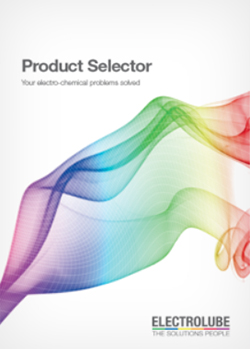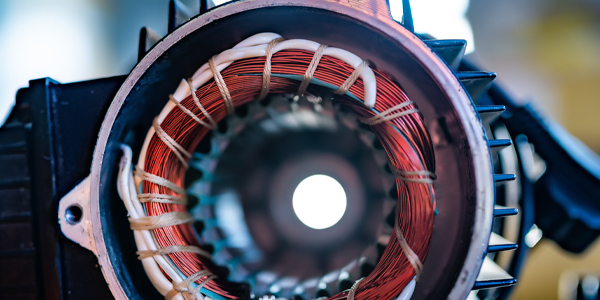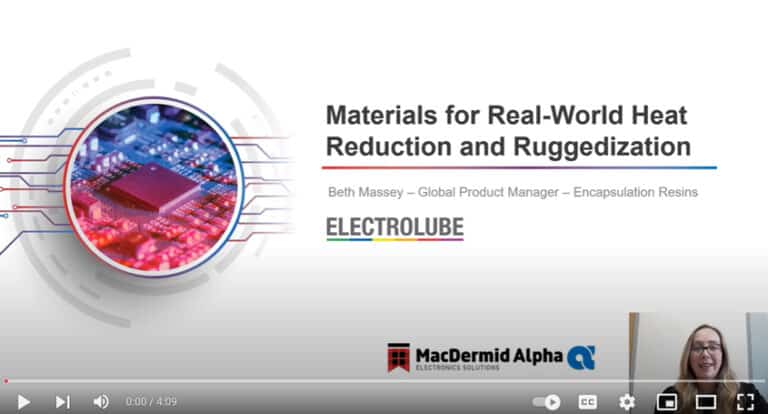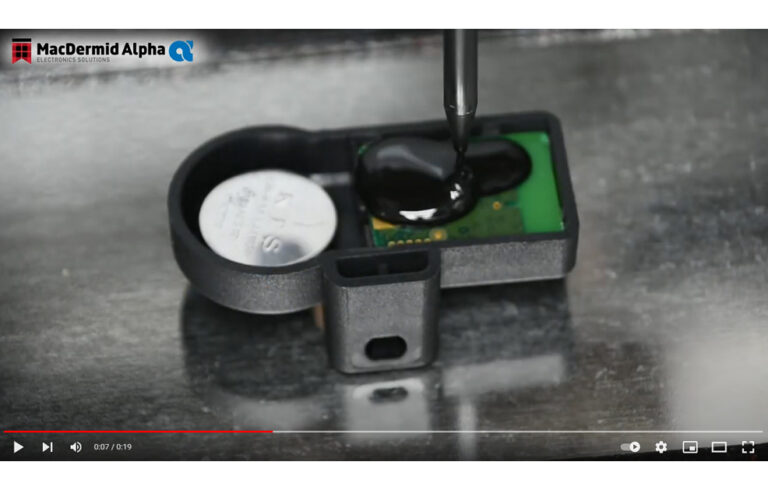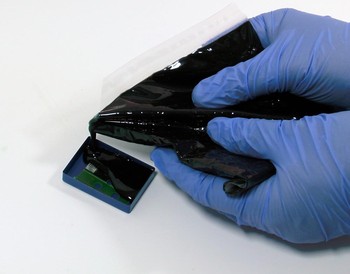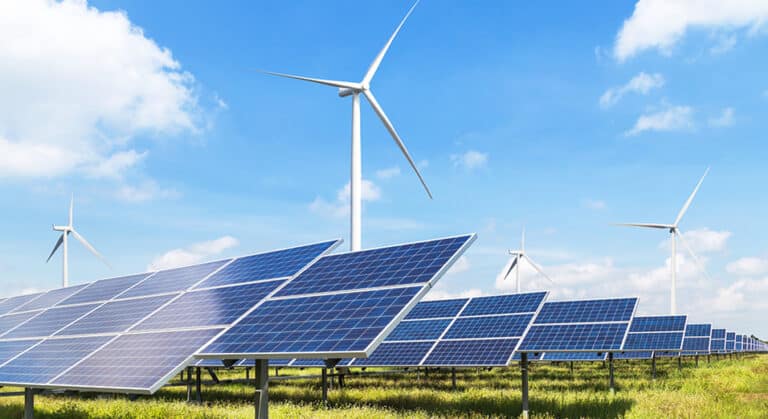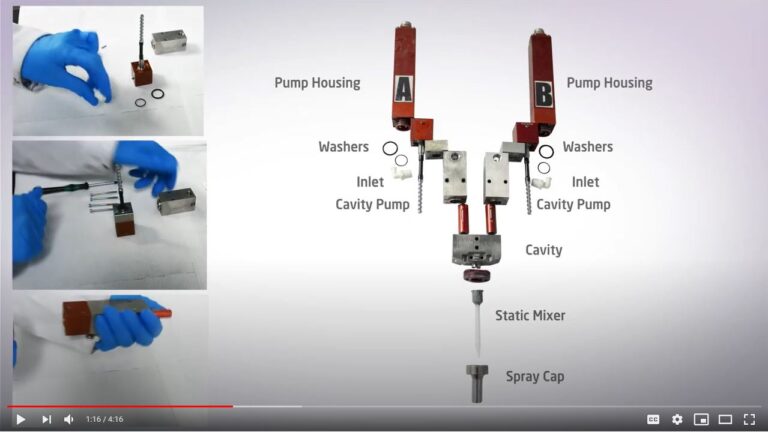Electrolube were recently approached by a manufacturer of electric motors for the next generation of electric vehicles; their requirement was specifically for a resin to electrically insulate the stator coil.
In an electric vehicle motor, momentum is generated via the use of magnetic fields which are generated via a component known as the stator coil. The stator is the static part of the motor whereby electrical energy is supplied via the battery. When the current from the battery is passed through the stator coils, it creates a rotating magnetic field that pulls the conducting rods on the outside of the rotor along behind it, thus turning the vehicles wheels.
The project brief required a high-performance resin material to electrically isolate the coil-ends of the stator with the ability to consistently withstand permanent contact with refrigerants.
Electrolube’s R&D team selected several candidates from the Electrolube portfolio and conducted a series of tests with various test-specimens performing under permanent contact with a mixture of different fluids, which included oil and cooling fluid, at temperatures up to +175°C for 168 hours.
In this application, Electrolube’s ER2223 epoxy resin was selected due to its excellent protection against different kinds of oil and cooling fluids widely used in today’s automotive sector. ER2223 is a highly chemical resistant epoxy potting compound that has been specifically formulated to meet the harsh operating conditions of under-hood applications in the automotive industry. It is chemically resistant to most fluids found in the engine compartment of vehicles or other mechanical applications, thereby offering superb protection to electronic components.
ER2223 also offered additional benefits with an exceptionally wide operating temperature range of -40°C to +180°C and good resistance to thermal cycling, while its low viscosity allows for easy potting of the tightly packaged components found in this application. It also provided excellent adhesion to all the different substrates within the housing.
Overall, ER2223 epoxy resin has proven to be a very successful solution to fully optimise the performance of the stator in next generation electric vehicles. Electrolube are delighted to have provided such a reliable solution that guards against chemicals so consistently well. The increased sophistication of EV electronic systems often means they are more sensitive to contamination and adverse external environmental conditions. Moreover, as automotive electronic systems rely increasingly on their interconnection, failure in one assembly can compromise the operation of another. Automotive designs typically fall into the category that must work first time, every time, throughout the life of the product thereby avoiding field failures.

